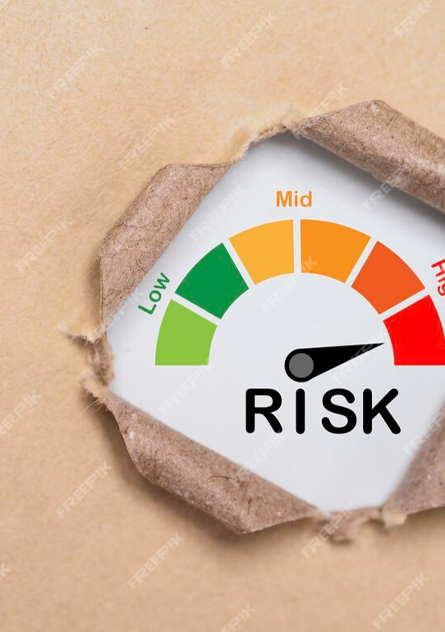3E Danışmanlık
RESOURCE MANAGEMENT
Resource management is the process of effectively planning, organizing, directing and controlling an organization's various resources (human resources, financial resources, materials, technology, etc.). The purpose of resource management is to ensure that resources are used and managed in the most efficient way to enable the organization to achieve its goals.
Basic Components of Resource Management
Resource Planning:
Determining Resource Needs: Determining the resources required for projects and business processes.
Resource Allocation: Planning how the determined resources will be allocated to projects and business processes.
Resource Organization:
Resource Allocation: Appropriate distribution of resources and assignment of tasks for each resource.
Organizational Chart: Creating an appropriate organizational structure for the management of resources.
Resource Monitoring and Control:
Performance Monitoring: Monitoring the performance of resources and evaluating their efficiency.
Solving Problems: Identifying and resolving problems that arise in resource use.
Resource Management Strategies:
Human Resources Management: Recruitment, training, performance management and motivation of employees.
Financial Resource Management: Budgeting, financial control, cost management and financial reporting.
Material and Stock Management: Management and stock control of raw materials, products and other materials.
Technology Management: Management, updating and maintenance of technological infrastructure.
Resource Optimization:
Efficiency Increase: Optimizing processes to ensure the best use of resources.
Cost Reduction: Implementation of strategies to minimize the costs of resource use.
Risk management:
Risk Analysis: Identifying and analyzing potential risks related to resource management.
Risk Mitigation Strategies: Measures to be taken to minimize the effects of risks.
Benefits of Resource Management
Efficiency and Effectiveness: Effective management of resources ensures that business processes are carried out more efficiently and effectively.
Cost Control: Resource management helps keep costs under control and prevents waste.
Performance Increase: Proper allocation of resources increases the overall performance of the organization.
Risk Mitigation: Identifying and managing potential risks reduces the negative impacts the organization may face.
Achieving Goals: Effective management of resources supports the organization in achieving its strategic goals.
Resource Management Tools and Techniques
Resource Planning Software: Software solutions used for planning and managing resources
Budgeting Tools: Tools used to plan and control financial resources.
Stock Management Systems: Software that facilitates material and inventory management.
Human Resources Management Systems: Software that manages employee information, performance and recruitment processes.
Project Management Tools: Tools used to manage and monitor resources in projects.
Resource Management Best Practices
Accurate Planning: Accurately estimating and planning resource needs.
Regular Monitoring: Regular monitoring of resource usage and evaluation of performance.
Transparent Communication: Clearly communicating information and processes related to resource management.
Flexibility: Resource management processes must be flexible to adapt to changing needs and conditions.
Continuous Improvement: Continuous review and improvement of resource management processes.
3E Danışmanlık







